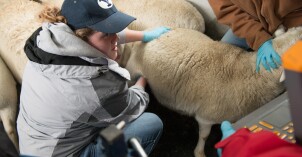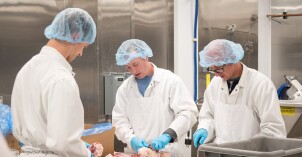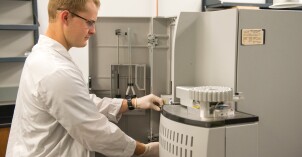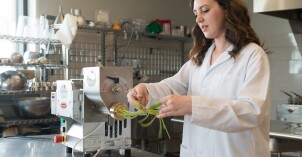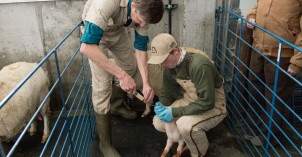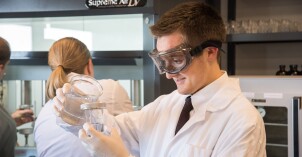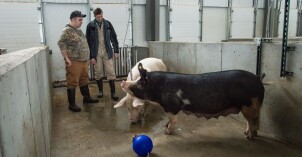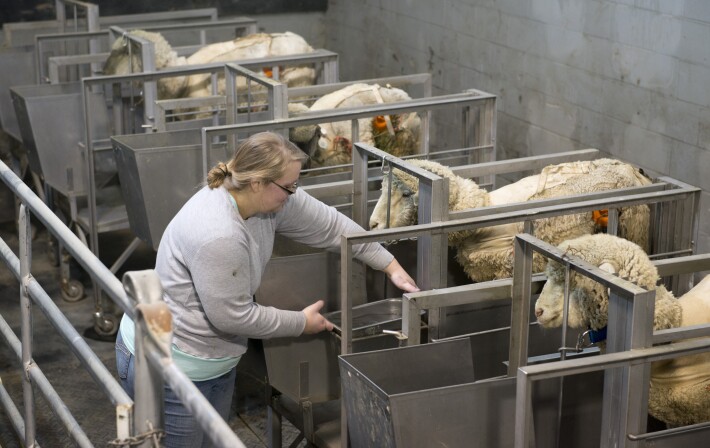
Make a Difference
This emphasis prepares students to work in agricultural production, managerial roles, or to attend veterinary school or other graduate programs. Students will be taught the seven pillars of animal science, which are: 1) genetics, 2) reproduction, 3) nutrition, 4) production, 5) behavior, handling and welfare, 6) health and disease, and 7) animal benefit and use. This foundation in animal science will allow graduates to take advantage of the available opportunities for future work and schooling.
Highlighted Career Paths
Graduates with a degree in Animal Science have a wide array of rewarding careers before them. Check out some of the top careers students get with this degree or explore more career options in I-Plan.
Veterinarian
Veterinarians care for and treat sick and injured animals. They also perform surgeries, analyze the issues of animals, and do a variety of other tasks. Aspiring students typically need to complete graduate school to become a veterinarian.
Farm Manager
Farm managers are administrative leaders who work on a farm and manage operations. They are responsible for ensuring success and efficiency in daily activities involving all aspects of farm from livestock to crops and equipment. These are skilled professionals with education and experience in agriculture.
Soil Scientist
Soil scientists study soil characteristics, map soil types and investigate responses of soils under certain conditions. Soil scientists study the chemical composition, structure, and properties of soil and of the chemical processes and transformations that they undergo.
Getting Started in This Degree
If you are interested in Animal Science, start with one of the following major-specific courses:
